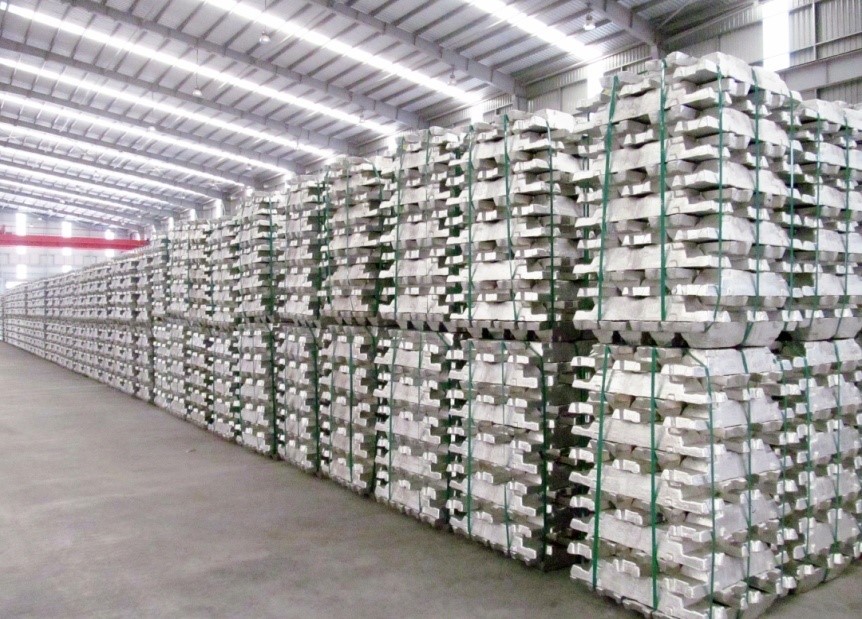

The survey data of the International Aluminium Institute (IAI) showed that global aluminium production dropped 0.5 per cent in the first half of 2019, as Lower Western output had been largely down due to temporary outages at two important smelters – Albras in Brazil and Becancour in Canada.

The bearish market sentiment in China was another key factor for the world aluminium production fall in H1 2019. In June, Chinese output fell by 3.1 per cent and by 0.4 per cent over the first six months of the year, according to the IAI.
Production in the world outside China decreased by 0.6 per cent in the first half of the year. Albras in Brazil, which has an annual capacity of 450,000 tonnes, has been operating at 50 per cent since April 2018 because of tight global alumina supply on Alunorte alumina refinery production cut.
At Becancour, the production in Q2 2019 averaged at an annualised rate of 65,000 tonnes. In 2018, the output at the plant slumped from 438,000 tonnes in 2017 to 136,000 tonnes. However, an 18-month lock-out of unionised workers at Becancour has just ended.
Also, production at Albras and Alunorte refinery is on the way to return to full capacity. The ramp-up of the aluminium smelter is expected to complete by the third quarter of 2019.
Mostar smelter in Bosnia, on the other hand, closed its door earlier this month. Also, if the sell deal of Alcoa’s La Coruna and Aviles plants is not complete by the end of the month, then they may shut the door as well, warned Alcoa. La Coruna and Aviles plants have a combined capacity of 180,000 tonnes per year.
In China, some new plants have lined up to come online, but the government’s policy of permitting only those new capacities that have replaced their old and obsolete capacity is slowing the process.
For instance, China’s largest aluminium producer Hongqiao has received permission to restart its 542,000 tonnes of capacity, which closed in 2017, in exchange for a commitment to close and dismantle an equivalent amount of obsolete capacity.
However, all this could not affect China’s exports of semi-fabricated aluminium products, which in the first five months totalled 2.2 million tonnes, representing year-on-year growth of 10.5 per cent, according to the IAI.
Responses








